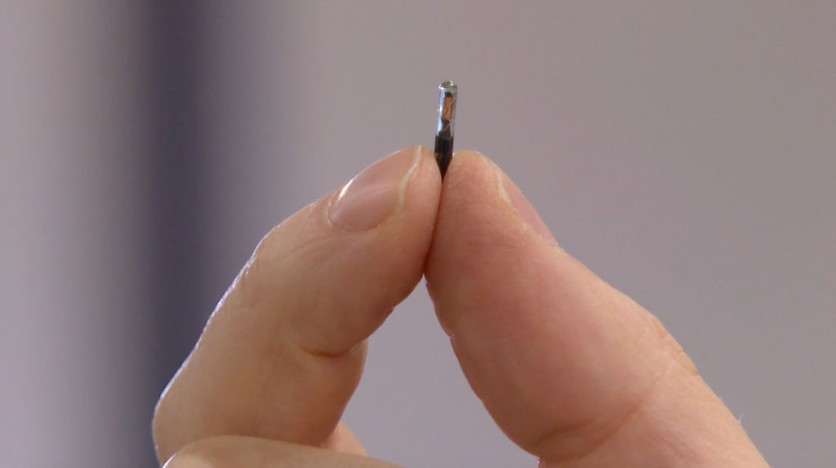Silicon Labs's latest xG27 chipset is small and energy-efficient, and the company hopes that it will inspire people in the health industry to use it, as reported by The Verge.

The xG27
The xG27 family of SoCs has BG27 and the MG27 that are both built around the ARM Cortex M33 processor. However, the BG27 is more focused on Bluetooth, while the MG27 supports Zigbess and other protocols. The chips' size range from 2 to 5mm.
Currently, the BG27 is being used to develop a tooth-mounted wearable sensor by Lura Health. The medical device maker is using the chip for its salivary diagnostic sensor.
Since it's small, it can be glued to a molar to monitor a patient's saliva. In turn, this will allow dentists and clinicians to test for over a thousand health conditions.
Also read: The First 'Vagina-on-a-Chip' May Aid Researchers in Testing Drugs for Bacterial Vaginosis
Not the First Time
This isn't the first time that lura Health pitched this kind of health tech. It claims that they have just finished clinical trials for the sensor with UConn Orthodontics and now they are preparing to undergo the FDA regulator process. If things go well, the sensor could be on the market in a year to 18 months.
Also, Silicon Labs says its chips can be used for medical patches, continuous glucose monitors, and wearable EKGs. This is because the chips can operate on as low as 0.8 volts and can switch to shelf mode, which reduces energy use during transportation and while store don shelves.
Bluetooth Chips in Healthcare
Bluetooth chips have been used in healthcare for a long time. They are used to transmit medical data from one device to another. This includes patient data from medical devices such as heart monitors, blood pressure monitors and glucose monitors.
The chips are also used in medical implants and devices like pacemakers and insulin pumps. Bluetooth chips are also used in telemedicine devices to provide remote patient monitoring. Finally, they are used in medical wearables such as fitness trackers and smartwatches.
Bluetooth chips have also been used in healthcare to provide secure communication between medical devices. This is important for ensuring patient privacy and data security.
Additionally, Bluetooth can be used to connect multiple medical devices together so that they can communicate with each other wirelessly. For example, a blood pressure monitor could send its readings directly to an insulin pump or heart rate monitor without needing any cables or wires.
In addition, the low power consumption of Bluetooth chips makes them ideal for use in wearable health-tracking products like smartwatches and fitness trackers which need long battery life while monitoring patients' vital signs over extended periods of time.
Finally, many modern hospital systems are incorporating wireless technologies such as Bluetooth into their infrastructure which allows doctors and nurses access real-time information about their patients from anywhere within the building using handheld mobile devices equipped with these same chipsets.
Related article: Bill Gates Says He's Not Going to Put 'Chips in Arms' After Being a Subject of Misinformation During the Covid-19 Pandemic

ⓒ 2025 TECHTIMES.com All rights reserved. Do not reproduce without permission.




